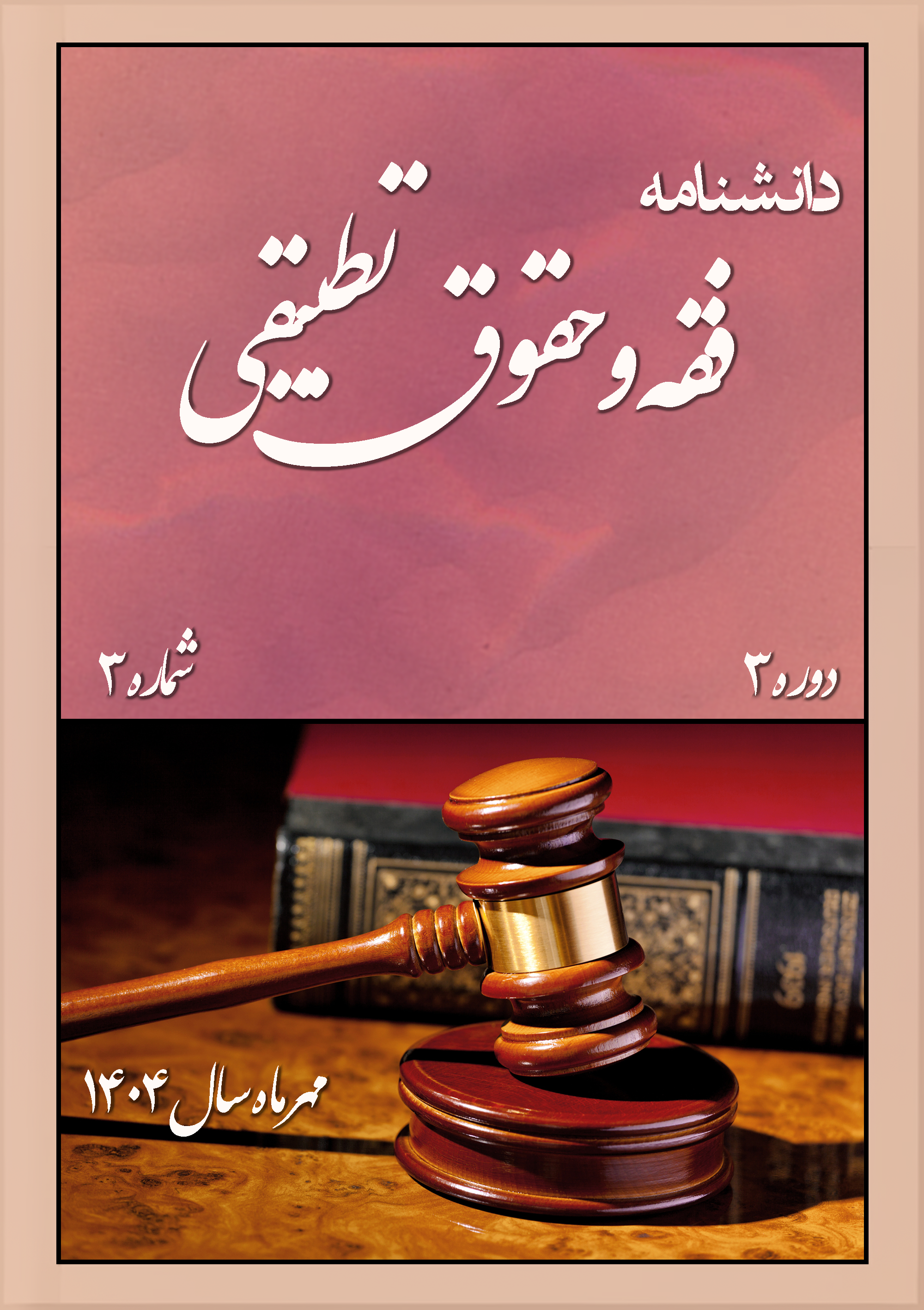Extending and Generalizing Zakat Beyond the Traditional Nine Categories in the Perspective of Imamiyyah Jurisprudence
Keywords:
Zakat, Imamiyyah jurisprudence, tasa‘a, legal expansion, Islamic governance, economic justice, modern assetsAbstract
Zakat, as one of the principal pillars of Islamic finance, holds a vital role in the economic and social structures of Muslim societies. Imamiyyah jurisprudence considers zakat obligatory based on the Qur’an, Sunnah, consensus, and reason. However, there is disagreement among scholars about the range of assets subject to zakat. The dominant view confines zakat to nine traditional categories, known as tasa‘a. Yet, modern juristic perspectives, citing the purposes of Shari'ah, valid narrations, and the practice of the Imams, propose the possibility of expanding zakat to new asset types. This article employs an analytical-interpretive approach to examine the theoretical foundations of zakat restriction, critique its reasoning, explore the precedent set by Imam Ali (a), and investigate the role of Islamic governance and guardianship (wilayah) in extending zakat applicability. Contemporary assets such as cash, modern agricultural products, securities, cryptocurrencies, and intangible digital properties are also examined. The paper concludes with an assessment of the social and economic impacts of expanding zakat, including poverty alleviation, increased public participation, and strengthening financial capacity in Islamic governance. The findings support a dynamic ijtihad approach for redefining zakat as a functional instrument in the modern Islamic financial system.
Downloads
References
Askari, M. M. (2008). Theoretical analysis of zakat and the possibility of extending zakat-eligible assets. Islamic Economics Studies Journal, 2(1).
Boroujerdi, H. (1959). Zakat: The second foundation of Islamic economy. Payizan Publications.
Esmaili, R. (1995). Our economy (Vol. 1). Jungle Publications.
Fallahzadeh, A. A. (1995). Commentary on Tahdhib al-Ahkam fi Sharh al-Muqni'ah. Imam Sadiq University Press.
Hakimi, M. (1997). Economic criteria in Razavi teachings (2 ed.). Islamic Propagation Office Publications.
Heirbod, A. (1973). Economic issues of Islam. Ketab Printing Company.
Javadi, A. (2009). Secrets of worship. Ofogh Publications.
Javidan, M. (1974). Zakat in thought (1 ed.). Secretariat of Prayer Promotion.
Karimi, M. (2012). Wasail: Book of Zakat. Negah Publications.
Khomeini, R. (1988). Tahrir al-Wasilah. Dar al-Kutub al-‘Ilmiyyah.
Makarem Shirazi, N. (2001a). Tafsir-e Nemuneh, Vol. 2. Dar al-Kitab al-Islamiyyah.
Makarem Shirazi, N. (2001b). Tafsir-e Nemuneh, Vol. 23. Dar al-Kitab al-Islamiyyah.
Malakouti, M. H. (1983). Jurisprudential rulings in international travel. Ma'ruf Publications.
Mashhoor, M. K. (1992). Translation of al-‘Urwat al-Wuthqa. Islamic Publishing Institution.
Meshkini, M. H. (1979). Interpretation of Kitab al-Rawdah al-Bahiyyah (Sharh al-Lum'ah al-Dimashqiyyah). Davari Publications.
Mousavi Khalkhali, H. A. (1982). Kitab al-Zakat. Islamic Communications School.
Pourmoghaddami, M. K. (2012). Zakat in Islam: Including the rules, conditions, and manners of zakat. Dadgostar Publications.
Qara’ati, M. (2002). Zakat (2 ed.). Secretariat of Prayer Promotion.
Rafaati, J. (1978). Principles governing Islamic economic relations.
Shahabi, R. (1957). Islamic principles and the philosophy of rulings. Dar al-Fikr.
Shaltut, M. (1965). In the field of society. Nashr Enteshar.
Sharaf al-Din, S. A. (1972a). Collected articles. Imam Reza Cultural Foundation.
Sharaf al-Din, S. A. (1972b). Ijtihad versus Nass (text). Society of Seminary Teachers.
Tabatabaei Boroujerdi, S. H. (1963). Jami' al-Ahadith (Vol. 9). Al-Matba'ah Al-‘Ilmiyyah.
Tabatabaei, H., & Fekrat, M. A. (1989). An introduction to Shiite jurisprudence (Vol. 1). Islamic Research Foundation of Astan Quds Razavi.
Tabatabaei, M. H. (2011). Al-Mizan. Al-A‘lami Institute for Publications.
Tabatabaei, S. M. H. (2003). Translation of Tafsir al-Mizan (Vol. 20). Islamic Publications Office.
Tavasoli, M. E. (2005). Feasibility study of zakat implementation in Iran. Secretariat of Prayer Promotion.
Yousefian, M. (2009). Zakat in Islam. Jungle Publications.
Downloads
Published
Submitted
Revised
Accepted
Issue
Section
License
Copyright (c) 2025 سید محمد حسینی, حمید کاویانی فرد, سید محمد شفیعی دارابی (نویسنده)

This work is licensed under a Creative Commons Attribution-NonCommercial 4.0 International License.










